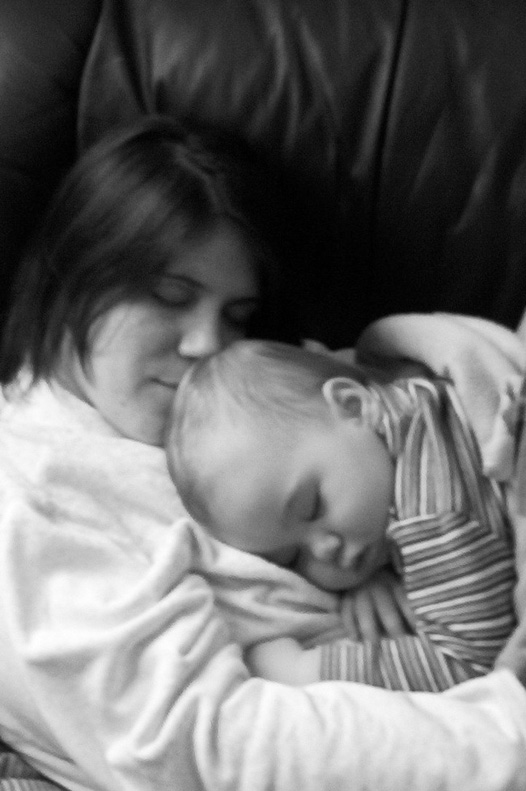Allergy is one of the most common diseases existing in society today. There are millions of people suffering from allergies and about 6 percent of the population suffering from allergy is children and infants. You have to consider that this kind of disease can affect anyone at anytime. Once your immune system overreacts to a foreign object that is usually harmless and releases histamines, allergy symptoms can occur.
You have to consider that as a parent, your baby is one of the most important persons in the world. You feed them, you give them clothes and you provide them with shelter and care. This is why you should be aware if your baby has food allergies as it can cause severe discomfort to them and in severe cases, it can cause death.
As a parent, you have to be aware of your child's health and because allergies are very common nowadays, you have to take the necessary measures in order to properly manage it and prevent your child from experiencing discomfort because of allergy attacks. Some foods are the main causes of allergies. If you are giving your child solid foods for the first time, you have to be absolutely certain that the food you are giving them will not cause an allergic reaction.
First of all, you have to know how allergy works in order for you to properly manage it and detect it as early as possible in order for you to manage it properly. When your child ate food that his or her body is allergic to, the body will first produce antibodies called IgE. After your child ingested the same food again, the IgE will tell the immune system to produce histamines to fight of the allergens. You have to consider that the allergens are usually harmless but the immune system of your child will mistake it as being harmful and attacks it. Because of the attack on the invader, the body will produce signs and symptoms of allergy after a few minutes of ingesting the food or after about two hours of ingesting the food.
The symptoms of allergy can be mild or severe. On the mild symptoms, your child will experience mild discomfort as swelling of the skin, mouth, ears and tongue. You will also see rashes on the skin that can be itchy. The child may also experience difficulty in breathing as well. In severe cases, your baby may vomit or can have diarrhea. It is very important for you to know that severe allergic reaction can be life threatening.
If a member of your family is allergic to specific kinds of food, your child may also inherit the allergy. Although there are cases where your child can eat the food with no problem at all, you will soon notice that your baby may develop the signs and symptoms after a few times of eating the same food. Here are some of the foods that your child may likely develop allergies to:
• Fish
• Peanuts
• Tree nuts
• Shellfish
• Eggs
• Milk
If your baby is showing signs and symptoms of allergy, you should immediately call your local emergency number as soon as you notice the signs and symptoms. You have to consider the fact that this situation can be life threatening and can cause severe discomfort for your child.
Always remember that early detection leads to proper management and care. The baby's pediatrician will prepare an action plan for properly managing the allergy attack and will also provide medications to treat allergies.
Showing posts with label Food Allergies In Children. Show all posts
Showing posts with label Food Allergies In Children. Show all posts
Subscribe to:
Posts (Atom)
